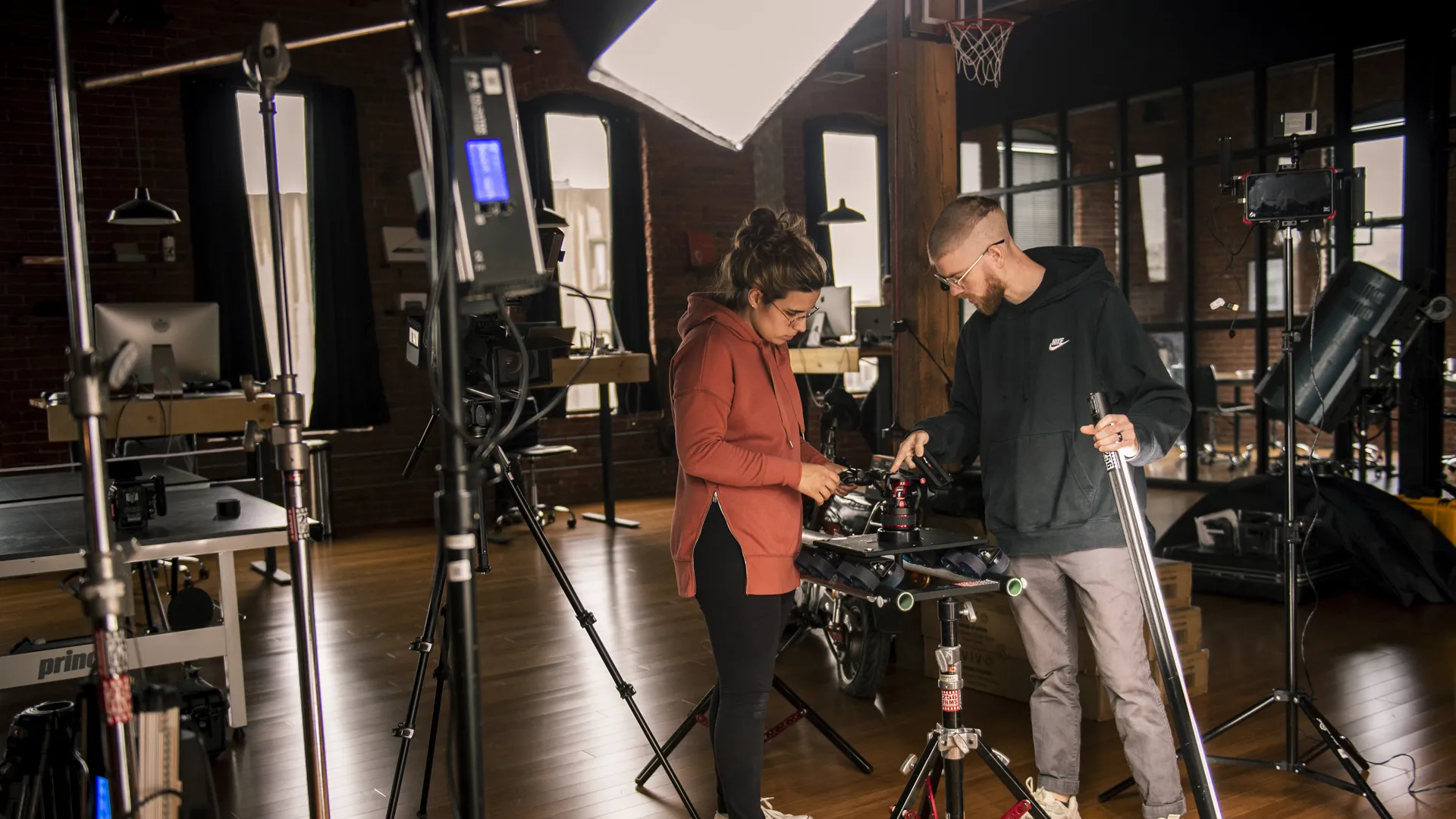
02 May The power of trusting creative people
I used to think that everybody was creative. I’ve heard that phrase many times and it sounds inclusive and somewhat obvious, but I hadn’t given it a whole lot of thought until the last few years. I’ve taken creativity for granted. My overactive mind, imagination, natural interests, upbringing, personality, ADHD, and what I spend my time on has narrowed my focus into believing that other people are wired the same way. Now that I’m older, I realize that it’s not true. Some people are not creative and that’s not a bad thing. I’m not some creative prodigy or something, it’s just where I’ve invested my time, my energy, and where my natural inclinations have led me.
I spent most of my time as a child in the woods diving inside worlds that only exist in my mind. When I made friends, they became true friends not only after I invited them into that world, but if they saw what I saw and responded well to it through playing. To this day, I tend to get along much easier with people who either work in creative fields or have some sort of creative hobby or interest. I can get along well with almost anyone, and I’m interested in understanding people in general, but I don’t think I will be understood or feel understood fully by people who fall outside of that circle.
The reason I’m putting this out there is because there are people in the creative field who are constantly struggling with communication. It’s either that we naively think that leaders in vastly different industries will automatically understand our ramblings and niche terminology or we make the mistake of letting them take the reins on creative projects when they’re actually more interested in seeing what our ideas look like.
I’ve had first-hand experience in this area many times, but one such experience stands out among them all. In 2021, I closed one of my biggest projects. It was a video project with a major global brand that makes products used by everyone reading this at one time or another. It felt like a big deal.
They actually came to us because of our portfolio; they loved our work. They especially loved the thoughtful documentary, cinematic style, and playful nature of what they saw in our films. They wanted to create a documentary series with us that highlighted their internal and external stories. It was an ideal scenario with huge potential and was really exciting. We went through our Story Acceleration Workshop and everything was moving forward nicely, except that episode one of the series was going to be about their corporate five-year plan. It wouldn’t have been our first choice but they had an important event coming up, so it seemed like a natural progression.
We went through developing the first video and, through that process, the style shifted from documentary to a scripted video. This was my first mistake. I should have insisted that this was outside of the creative scope previously agreed on. It was a complete 180 from everything we had already planned and budgeted for, but I became a “yes man” because I figured the client should lead the project and what do I know about their five-year plan? Now I have a bigger problem on my hands because how was this going to be episode one of the documentary series we were planning on crafting? I explained that this should be considered separate from the series and their Marketing Director agreed.
Fast-forward through all of the script writing and rewriting, passed their Marketing Director who suggested it be a scripted video quitting the company, then rewriting the script again and barely hitting the deadline of the event. We breathed a sigh of relief and awaited the feedback. It turns out they had re-edited the very strategically crafted sound design and music bed that shifted tone with the narrative to one single Coldplay track that played underneath the new version of the video that they played. Hey, it’s their video, so they can do whatever they want. I doubt they got the rights to the song, but who really checks those things? I have to admit though, we were offended. We ended up with this feeling of “why did they bother hiring us?”
The CEO of this company hated the project. I’m fairly certain that he hated me as well. We had a phone call at one point where I was trying to understand what story we were telling for their five-year plan video. I asked the very simple question of what the “call to action” for the video should be. He dodged the question several times, frustratingly answering after the third time I asked, “the call to action is do-your-f*cking-job!”
I was pretty taken aback, but in that moment I realized what I was working with. He didn’t want to come up with his own ideas. He was looking to creatives to solve a difficult problem. Our suggestion was to utilize our strengths – authentic documentary storytelling, which is what drew them to us in the first place. Though, as you now know, they pulled the rug out from under that idea, rewriting and re-editing what we put together based on what they said they wanted.
I’m not meaning to complain or sound like I’m saying we’re amazing and they suck. It was a result of us not pushing back and standing by our vision stronger. It was a result of them not knowing how to say, “we don’t know what we want, please help us. Our ideas aren’t working.” But as I thought more and more about the line the CEO said of “do your f*cking job,” I shifted my perspective on it. Initially, I thought he meant his employees when he said that. I actually envisioned that phrase being the CTA of the video and chuckled. Though, then I thought that he may have been speaking directly to me, encouraging me to do my f*cking job and come up with something awesome.
I made the mistake of thinking that everyone is creative. I undervalued the skills that I naturally have and have developed for my whole career and what so many people in creative industries have at their disposal. I made the mistake of thinking that working with a global brand meant we can let ourselves be yanked around and say “yes” no matter the situation. I think they made the mistake of simply not trusting us to do our f*cking job.
Here’s some common mistakes I see in the creative industries and especially documentary film production.
1. If there’s a great real story to tell, just tell it authentically. It’s very common for people to write scripts for videos that don’t require it and stifle the spontaneity, creativity, and vulnerability needed to craft a real documentary. It’s understandable that agencies and leaders need to sign off on something, but being overly rigid about interviews or a narrative often kills a project before it’s even finished.
2. If you have a goal and ideal result in mind for a project, don’t overthink it. I often see a checklist of goals attached to a lot of projects that seem reasonable, but should really act as a guide not a bible. Part of my job is not to over-promise on hitting too many goals with one video, because it’s rarely realistic and, again, it stifles the creative process. Letting a story play out naturally and trusting professionals to do their job has stronger potential for success.
3. If you’re wondering whether the “struggles” or “uncomfortable aspects” or “not so easy” parts of your story should be included in your marketing, brand story, and testimonials, the answer is most likely YES. A story without conflict is just a list of good things that happened, bragging, or a sales pitch. It’s a delicate balance to include conflict, but it’s all about how the resolution and ending is crafted.
A lot of this comes down to trusting creatives to do their job. We want to do well and we want your projects to be a success, but too many chefs spoil the broth and too many notes means you have the equivalent of another generic superhero movie that nobody cares about.
That client I mentioned ended up hiring a new Marketing Director, who, with much vigor and authority, told us to go ahead and develop the project we initially had discussed. I worked for weeks on developing, interviewing, and crafting a vision for a documentary series. It was based on real artists around the world who used their products in innovative ways. We would tell each one of his/her stories per episode, leaving the products to sell themselves, the branding to be inherent, and the story to speak for itself. I knew each story would make a real connection, and the cultural strengths that this client so badly wanted for their internal team would be a natural output of creating this series. The marketing content would flow in a way that very few brands have the opportunity to showcase.
Ultimately, they didn’t go for it. I almost didn’t even get a chance to pitch them on it because their CEO didn’t want to work with me. I’m not going to lie, it definitely took the wind out of my sails a bit when they didn’t want to develop the series. There’s a lot of complications to that story, layered with ups-and-downs, but ultimately I learned a lot of valuable lessons.
My strengths are definitely not in organizing processes needed for line-producing projects, doing hair and makeup on shoots, being a gaffer, creating spreadsheets, fixing my car, or gymnastics — but that’s why we hire people with different skills and personalities needed to complete a project successfully. It’s important to know your strengths and fill in the areas that may not be there for you.
There’s a balance, collaboration, give, and take to every project. Being flexible is a natural part of business, creating anything with others, and especially in the marketing sphere. But if you find you’re the only one giving, and people you’re working with say one thing and do another, I’d ask if you’re bending a bit too far.
Creatives – I suggest making whatever you want to make with no one else’s input. Limitations will naturally come up and help inform the process and mold it into whatever it’s going to be. The importance is letting a vision play out to it’s natural conclusion with no notes. You may be surprised by what happens as a result.
Those hiring creatives – Not everyone knows what they’re doing and can take your goals and needs and digest it into something effective and compelling. But if you hired them, why not trust them to do their f*cking job?
If you’re looking to get started on a project, Votary has a passion for telling compelling stories through the art of filmmaking. We specialize in producing brand stories, creative commercials, and documentary series. If that sounds to you like we might be a fit, then let’s talk. Start a Conversation.
